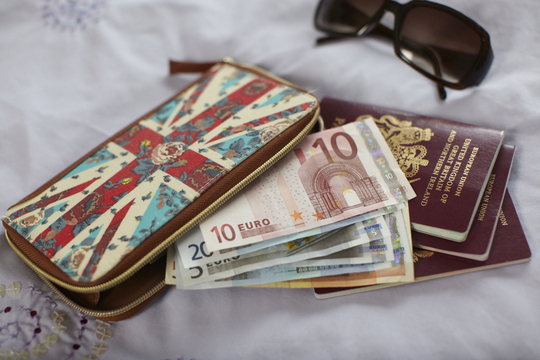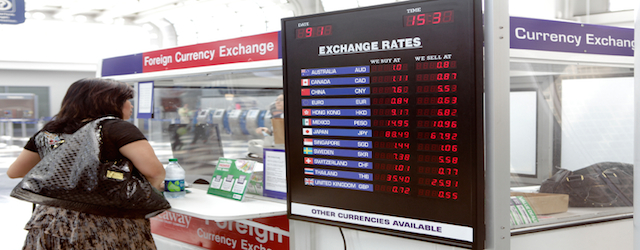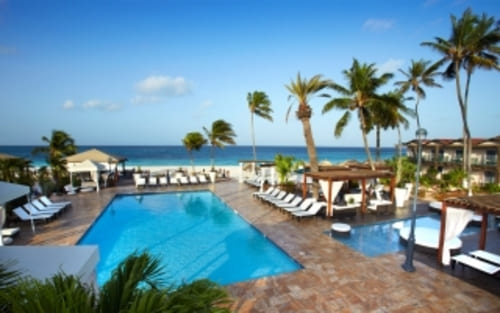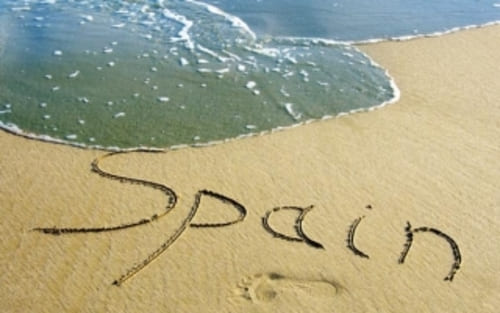Not so long ago there were 2 choices available when travelling abroad. Exchange cash for foreign currency or use travellers cheques. How times have changed! Travellers now have a wide range of options including cash, travellers cheques, debit cards, credit cars and prepaid cards. Spending the wrong way while travelling could add hundreds of pounds to the cost of your trip. Here's our top tips for getting the best deal for your hard earned cash while on holiday.
Travel Credit/Debit Cards Are The Best Way To Spend Travel Money
This may surprise a few people but the right credit or debit card is almost always the best way to spend money while travelling. We don't recommend using your regular credit/debit card as these can incur various hidden charges including;
- A non-sterling transaction fee of around 3% (so every £100 spent costs you £103)
- ATM withdrawal fees
- Interest charges on credit card transactions
- In the worst cases, charing a penalty each time you spend abroad
How do these cards compare when spending €1,000 abroad? (numbers calculated on 1st May 2016)
- A specialist travel card will cost you around £786
- Picking up from a high street exchange bureau will cost you between £790 and £800
- A non travel debit card will cost you (assuming a mix of cash withdrawals and card payments) will cost you around £830
- Changing at the airport will cost you around £880
The other major benefit of using credit cards while abroad is the protection it offers under "Section 75" of UK Law. If you pay for anything between £100 and £30,000 on a credit card then the credit card company takes joint liability for the transaction if anything goes wrong. This is especially useful when shopping aborad where it might be difficult to return something you've bought or resolve a dispute with a local company.
So you can easily save 10% of your cash by choosing the best way to spend abroad. Of course its not possible to travel with plastic only so here are our other top tips.
If Using A Credit Card Make Sure You Pay It Off In Full Every Month
It won't seem so cheap when those APR interest rates kick in!
Travel Credit Cards Usually Beat Travel Debit Cards
In our experience travel credit cards are usually a better option than travel debit cards. Apart from the Section 75 protection, travel credit cards are often easier to get. There are more to choose from and you don't need to link a bank account to them to apply.
If however you plan to use mainly cash while travelling then it is better to go with a travel debit card - withdrawing cash from an ATM with a credit card will always incur fee's, interest or both when used abroad.
Always Pay In The Local Currency And Avoid Dynamic Currency Conversion
If you are ever asked whether you want to pay in GBP or the local currency, ALWAYS choose the local currency. If you choose to pay in GBP, the conversion will be done by the local bank or retailer and generally the rates are terrible.
Be Organised!
The best way to avoid paying over the odds for travel money is to plan in advance along with the rest of your holiday. Firstly check what charges you will incur for using your day-to-day credit and debit card. This will give you plenty of time to apply for a new card if required.
Secondly, if you are going to change currency at a travel exchange make sure you do it in advance on the high street - the airport is the worst place in the world to change currency unless you've ordered it in advance - even then its unlikely to be the best rates on offer.
Finally, never, ever pay for currency exchange on your credit card as it will be treated as a cash advance and you will be charged through the nose!










